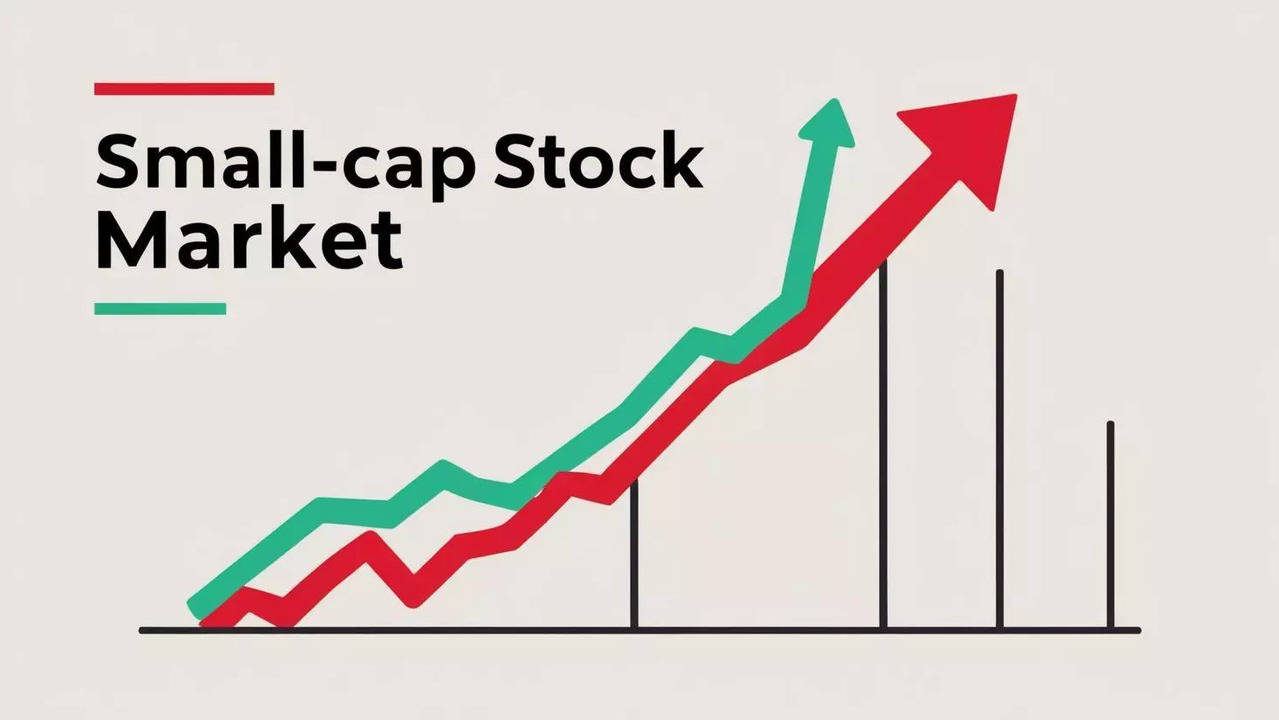
This February, Solana (CRYPTO: SOL) is continuing to one-up Ethereum ( ETH 0.85% ) , the second-largest cryptocurrency by market cap and its biggest rival. And, given Ethereum's ongoing leadership shake-up, there's a good chance that the hits will just keep coming.
Here's what's happening and how it affects your choices about where to park your money. More volume means more fees Solana and Ethereum are both major players for decentralized finance (DeFi) activity, as well as hot spots of trading across decentralized financial exchanges. They're also among the very largest cryptocurrencies by market cap, as well as by the number of different tokens and projects hosted on their blockchains.

That makes them direct competitors, and it makes the details of their competitive fight highly relevant when it comes to choosing which to invest in. In particular, the sheer amount of trading volume on each chain is a major battleground. More trading volume means more stress on the network, increasing the chances of congestion, but it also means generating more gas (user) fees to finance the network's infrastructure costs and, potentially, additional activities like upgrades and marketing.
Through Feb. 11, this month is seeing Solana eat Ethereum's lunch in ways that are larger than ever. It reported trading volume in excess of $60 million against Ethereum's $34 million.
That higher volume has real consequences; in January, high trading volumes gave Solana $124 million in revenue, versus $109 million for Ethereum. The extra revenue could easily translate into more sustained outperformance for Solana over time. It's likely that the difference is at least partly due to Solana's intense meme coin investing scene.
While laden with scams , it is vastly larger than Ethereum's, owing to Solana's dramatically lower transaction fees and significantly faster transaction times. Despite many attempts at solving those issues, Ethereum does not appear to be anywhere close to being as fast or cheap as its competitor. It is uncertain whether the replacement of top leaders to emphasize technical talent will be an effective remedy.
Furthermore, there aren't any clear catalysts in store that would enable Ethereum to strike back and retake some of the market's activity relative to Solana specifically. Nor have investors been excited about Ethereum lately, given that during the past 12 months its price declined 2%, compared to Solana's gain of about 80%. There's a contrarian case to make here The most obvious way that investors can make use of this information is to invest in Solana rather than Ethereum .
Given Solana's near-term tailwinds, like further meme coin activity and artificial intelligence (AI) agent infrastructure projects starting to take off on the chain, the coin is worth buying. Its long-term picture looks as strong as ever. Newer tailwinds from a crypto-friendly presidential administration and the possible approval of exchange-traded funds (ETFs) that hold the coin may also give it a boost.
But there's another argument here. Ethereum didn't become a major cryptocurrency by refusing to innovate in response to trends in its sector. Nor does any other blockchain have as deep a roster of skilled developers.
And, while it's a bit subjective, there's at least some reason to believe that its smart-contract features are more comprehensive than Solana's, which could be a point in its favor in the buildout of AI agent infrastructure, because AI agents would hypothetically rely heavily on such functions. In other words, Ethereum is more likely to adapt and make at least some headway on solving or mitigating its problems over the long term. In five years, its price is almost certainly going to be higher than it is today, even if Solana's probably ends up gaining more.
Therefore, if you're a contrarian investor, consider that right now, you might want to buy Ethereum instead, since the sentiment around it is awful, and it might prove to be a bargain compared to the price in the future..















